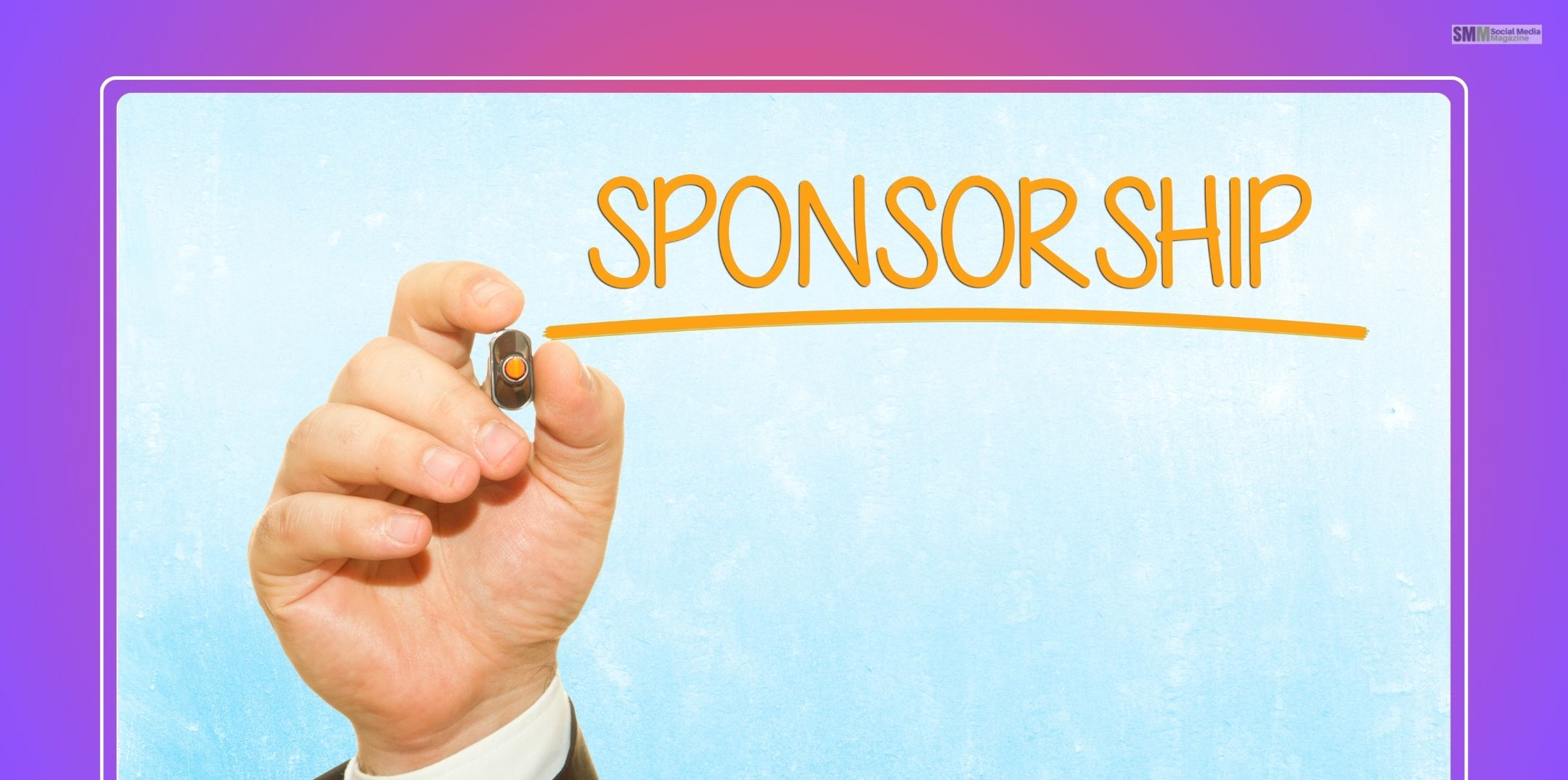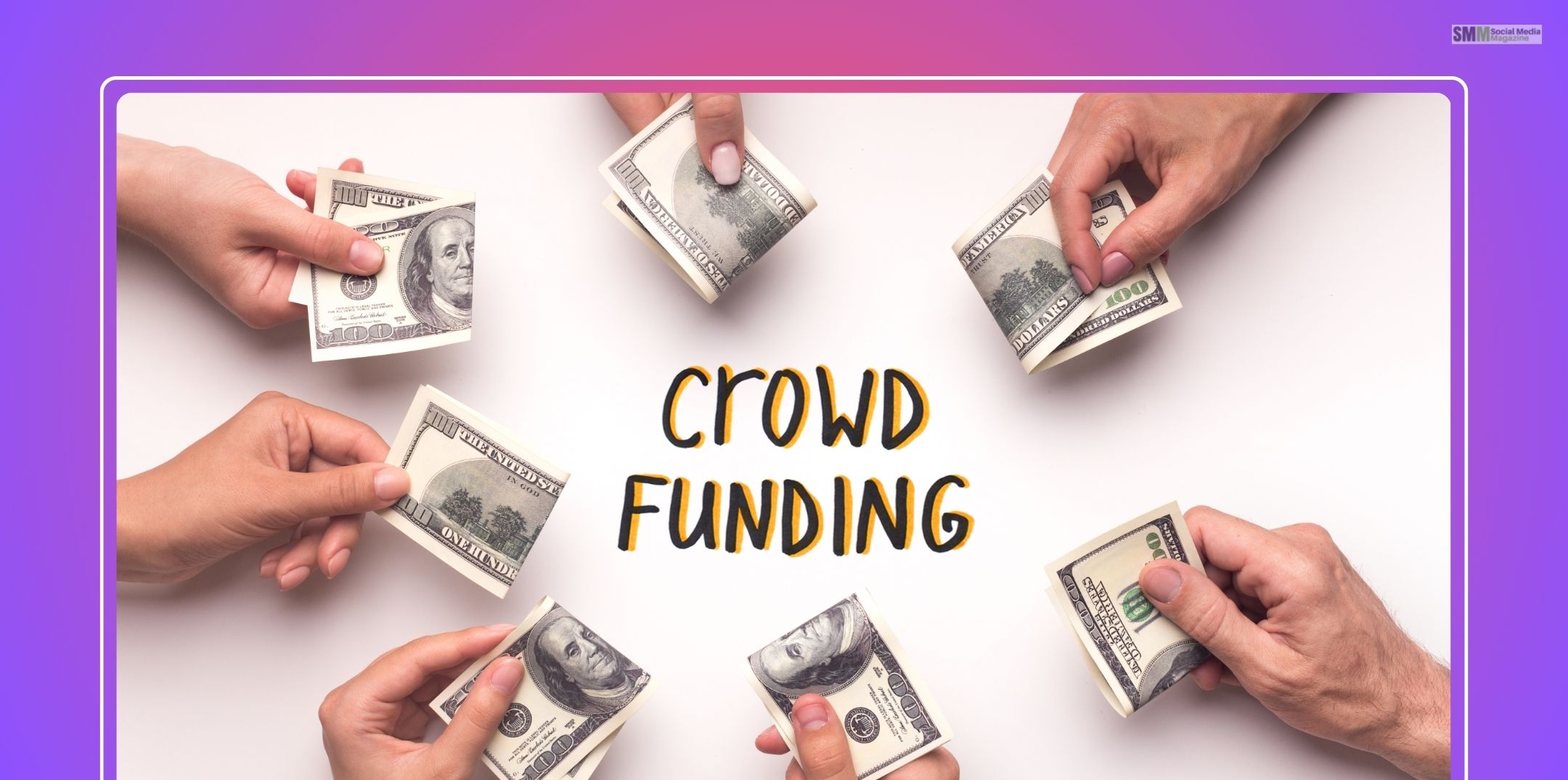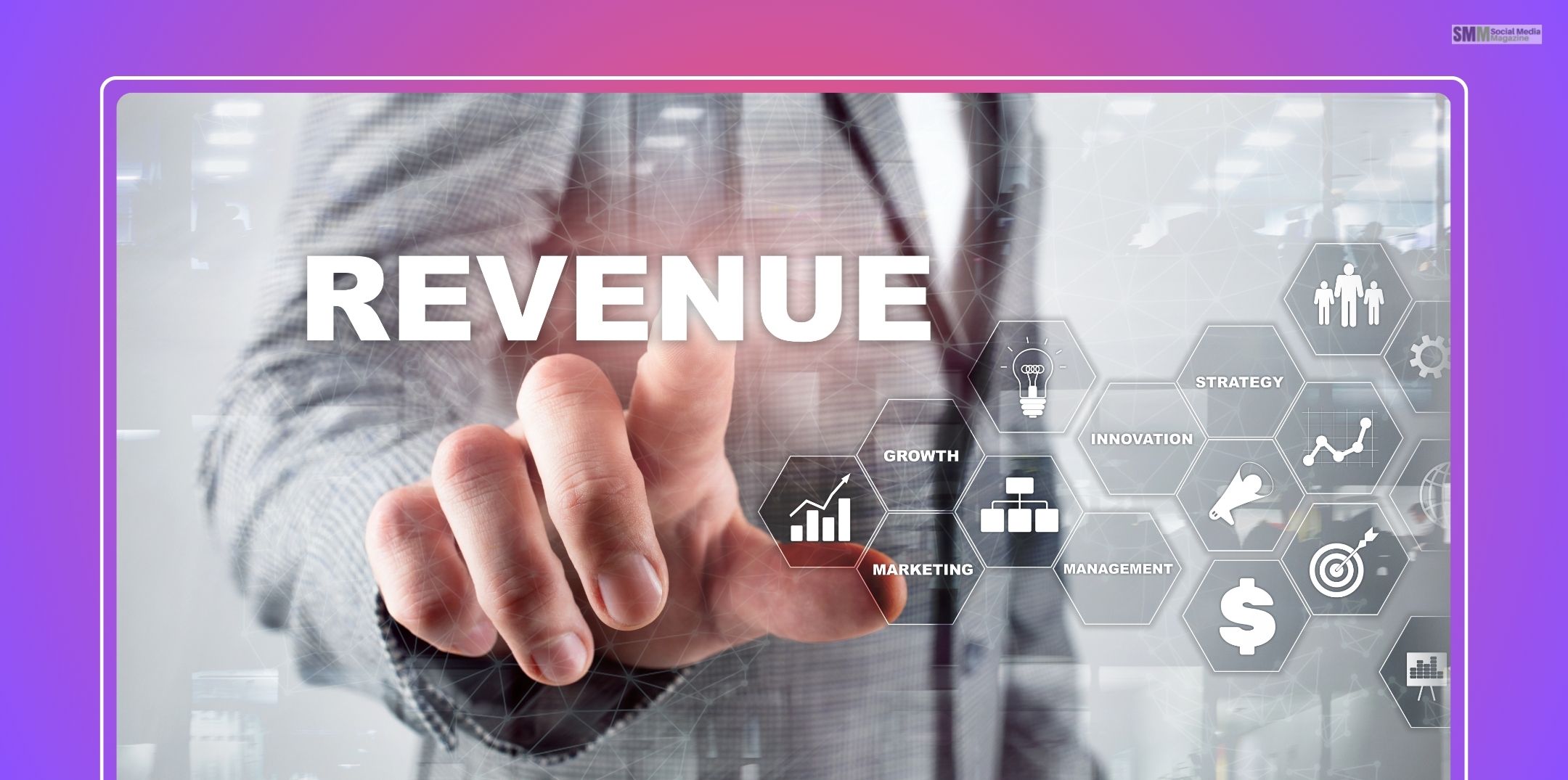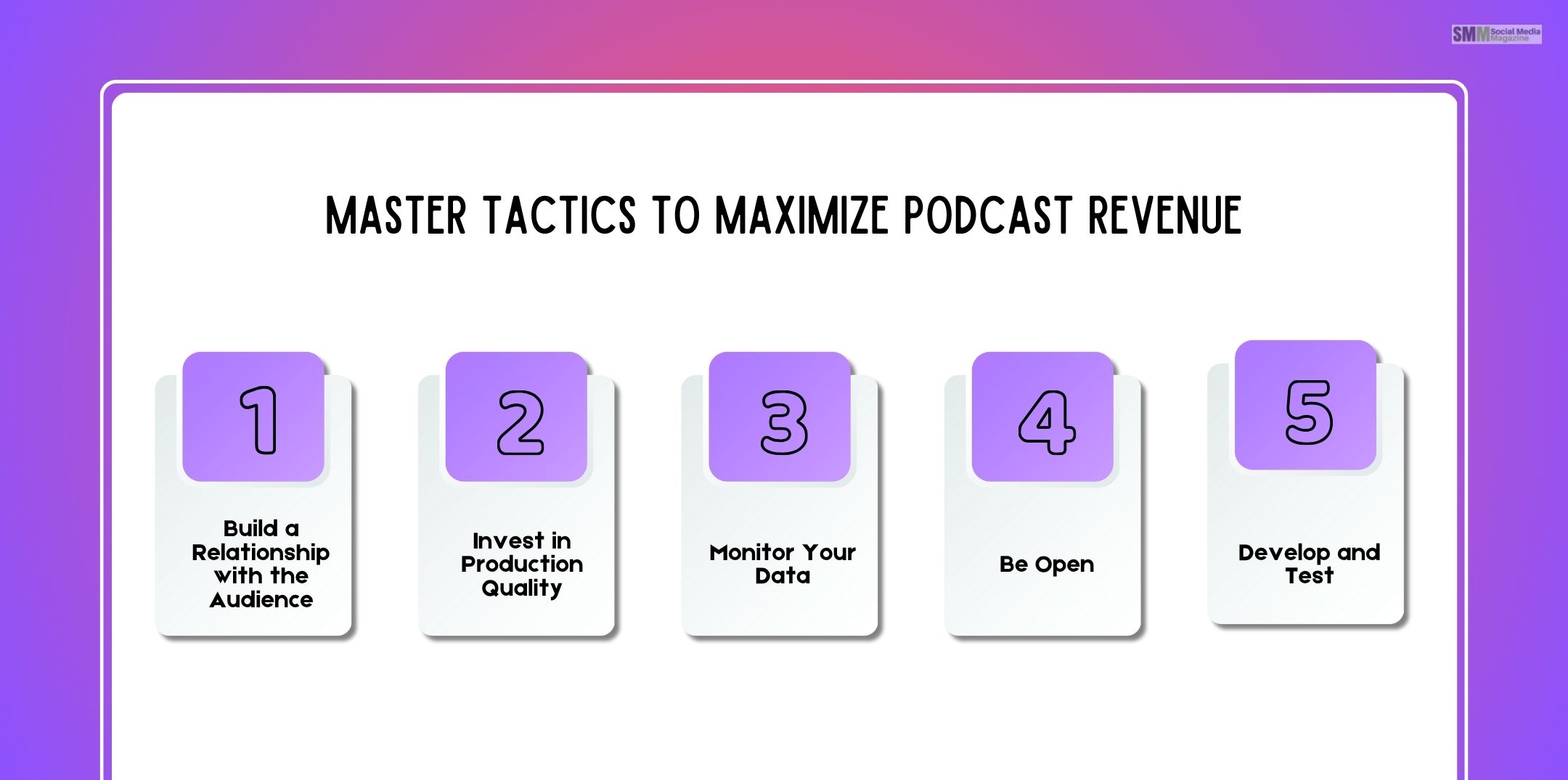How To Launch Influencer Marketing Campaigns Without Hiring An Agency?
Nabamita Sinha, 2 days ago

The 2025 podcasting environment is among the fastest-growing places to find digital media. There are more than 5 million active podcasts and more than 550 million monthly listeners across the globe, and the marketplace has grown from a niche pastime interest to an exercise deserving of being taken seriously.
Revenues from podcasting will reach more than $30 billion worldwide in 2025, Statista estimated, as brands, advertisers, and platforms fight for room in the continuously expanding marketplace.
Beyond audio, we’re witnessing a significant transformation — the rise of video podcasts, integration with streaming services, and even interactive, AI-driven content formats.
The landscape is no longer limited to Spotify and Apple Podcasts; now, you’ll find podcasts distributed through YouTube, Netflix’s new audio series hub, and TikTok micro-podcast clips, blending entertainment and marketing in innovative ways.
As audiences grow, so do means of monetization. Being either a small creator or veteran host, it is crucial to turn your podcast into a secure source of revenue.
This comprehensive guide describes 11 well-established practices to know how do podcasts make money in 2025 — from sponsorships and host-read ads to licensing deals, live performances, and diversification.

Sponsorships continue bread and butter for podcast selling. Brands are hiring podcasters to pitch products or services on podcasts — and in 2025, the demand for authentic, niche-specific creators is more robust than ever.
Whereas ROI with other media equals reach, with podcasting, engagement is more important than audience quantity.
An intensely engaged 3,000 audience of a niche interest (e.g., health, technology, or family) will tend to perform better than a program with 50,000 untargeted subscribers.
Sponsor options are typically three ad formats;
People believe podcasters when they hear — that is, host-read ads sound like word-of-mouth from friends and not advertisements. Delivered naturally, they double or triple conversion rates vs. regular ads.
💡Pro Tip: Use a CPM (cost per mille) value price model of evaluation. Podcasts’ average CPM tends to range between $18–$50 per 1,000 downloads, depending on your audience and listener retention.

Affiliate marketing is an excellent way for podcasters to earn money beyond sponsors only. Rather than getting a flat fee, you receive a commission when a consumer buys a product or service after clicking on your special affiliate link or applying your promo code.
Assuming you are a self-help podcast, and you can promote meditation software or self-help courses, every time a listener subscribes using your referral link, you will get a commission for the sale.
Affiliate marketing creates long-term, passive income as your backlist keeps earning clicks and sales months after the publish date.

Premium content is king in 2025. Sites such as Patreon, Supercast, Memberful, and Spotify’s paid subscription tiers enable creators to monetize premium memberships for fans.
A nicely trimmed-up premium level can bring you recurring, predictable revenue, and your podcast is a money maker.
Only exclusive listeners on a humor podcast can have uncensored, uncut content, and a history podcast can have bonus episodes of extended length for a $5-per-month subscription.

Merchandise sales make your podcast a brand — and listeners love showing appreciation to creators in physical ways.
Platforms like Teespring, Printful, and Redbubble allow easy creation, selling, and shipping without inventory.
If executed well, merchandise not only makes money, but it creates a sense of community — listeners become evangelists.

Crowdfunding enables your viewers to directly invest in your creative work. For production quality or funding for a new season, services such as Kickstarter, GoFundMe, or Buy Me a Coffee enable your viewers to fund your success.
Most of the podcasting is financed by one-time crowdfunding drives complemented with repeat donation levels — building a balance between short- and long-term revenue.
💡Pro Tip: A small group of loyal fans can cover hosting fees or production costs without breaking your bank.

Podcasting will resonate best with hosts who are subject matter experts — coaches, consultants, teachers, or specialists. Selling online courses and workshops is one of the most profitable methods of monetizing your expertise.
A marketing podcaster can offer a “Podcast Branding 101” course, and a food podcaster can offer a “Home Chef Masterclass.”
By addressing two needs simultaneously, you become a creator and industry expert, which can lead to consulting, coaching, and sponsorship opportunities.

The pandemic-era boom in hybrid and live events has turned live podcasting into a 2025 phenomenon. Audiences desire authentic, live experiences — and live recordings will be purchased at a faster rate than anticipated.
Your podcast commands respect. That respect translates to paid speaking engagements, workshops, and panel discussions at conventions. There are hosts that now make more money off speaking engagements than commercials on their podcasts altogether.
Successful leadership or startup podcaster hosts are regular speakers at startup conventions or corporate leadership meetings.

Podcast material can endure for a long time after its first showing. Licensing enables you to sell content rights to other channels, radio stations, or even television and movie studios.
Always ensure you have contracts to safeguard your intellectual property and remunerate royalties for usage.
Wondery and NPR have targeted successful podcasts for production as TV shows and audiobooks, demonstrating the long-term sustainability of good content.
Related Resource: The Complete Guide To Auphonic For Podcasters: Setup, Workflow, Pricing & Pro Tips

YouTube is a podcaster giant in 2025. Being integrated into the YouTube Music app and having advanced discovery features offer the ideal platform to both new and experienced creators.
Though your primary platform is audio, going on YouTube exposes your content to a massive second audience and broadens your revenue streams.

Joining a podcast network accesses sponsors, cross-promo deals, and business tools like editing, analytics, and ad management. Podcast networks like Wondery, Earwolf, and HubSpot Podcast Network have been acting as scaling drivers for creators.
As an independent, consider collaborating with other podcasters. Co-created shows, guesting, or sponsored collaborations expose you to new audiences and put your show in front of new listeners — typically generating joint monetization opportunities.

Good podcasters don’t put all their eggs in one basket. They integrate multiple monetization strategies with security and resilience for the future.
As an illustration, a podcaster might:
This model not only shields creators from ad rate risk but gives them the freedom to tinker and find their optimal mix of content, creativity, and commerce.

To know how to master the tactics to maximize your podcast revenue;
Monetization relies on engagement. Encourage comments, shoutouts, and social conversation by listeners.
Top-class sponsors care about sound quality, editing, and consistency.
Use measurement tools such as Chartable, Podtrac, and Spotify for Podcasters to track engagement and perfect your monetization strategy.
Be open at all times regarding sponsorships or affiliate relationships — it earns you listener trust and keeps you compliant with FTC guidelines.
Experiment with various revenue streams to find out what works with your crowd. Great podcasters always keep improving.
Growth is at the expense of needing to cut corners — but value-based monetization results in long-term triumph. So, to know the best practices of how do podcasts make money, check out these dos and don’ts;
✅ Disclose paid partnerships and sponsored content.
✅ Place sponsorships or licensing agreements in writing.
✅ Follow platform guidelines for giveaways and incentives.
❌ Don’t fake downloads, purchase reviews, or inflate promotion.
❌ Don’t over-monetize; strike a balance between value and advertising.
Ethical transparency earns you trust — and trust builds a loyal audience that stands behind you.
Here are a few questions and queries that others have asked on the topic of how podcasts make money, which you might find helpful at the same time.
Income is varied — low-end podcasts earn $200–$1,000 a month, high-end podcasts earn over $50,000 a month with ads, merchandise, and paid subscriptions.
Yes. Begin with listener support, small sponsors, or affiliate links and grow from there.
The majority of podcasts take 6–12 months to develop an interested listenership before real revenue kicks in.
No. They get banned by Apple and Spotify or fined. Build reviews through quality and engagement.
Yes. Instagram, LinkedIn, and TikTok platforms promote episodes, build awareness, and bring on sponsors.
Be a pro, be thankful, and heed good criticism. Integrity and maturity are put to the test.
Podcasting in 2025 is more than simply speaking into the mic — it’s about cultivating a culture of trust, innovation, and value. With the appropriate attitude, if you know how do podcasts make money, any content creator can take their podcast from a side hustle to a thriving business.
From ad dollars and sponsorships to courses and subscription money on YouTube, there is a lot of revenue streams within our reach now. What makes it different is understanding who your audience are, creating engagement, and casting a hail of revenue streams.
The market for podcasting will just continue to expand, and those early adopters — not just ethically but also strategically — will thrive. New or starting on the foundation of a current program, these 11 tested tactics are your roadmap to financial success in 2025 and beyond.
Nabamita Sinha loves to write about lifestyle and pop-culture. In her free time, she loves to watch movies and TV series and experiment with food. Her favorite niche topics are fashion, lifestyle, travel, and gossip content. Her style of writing is creative and quirky.